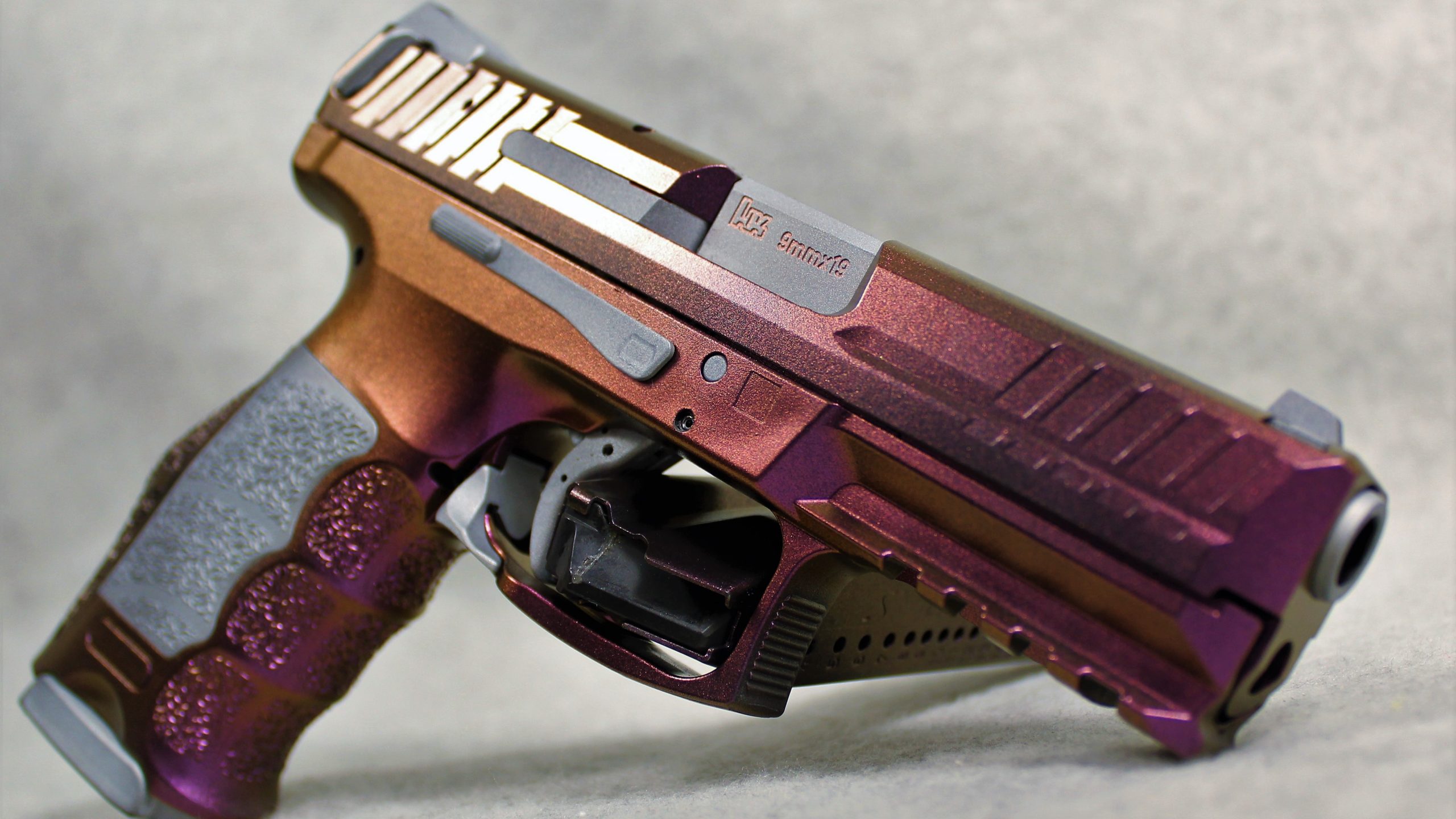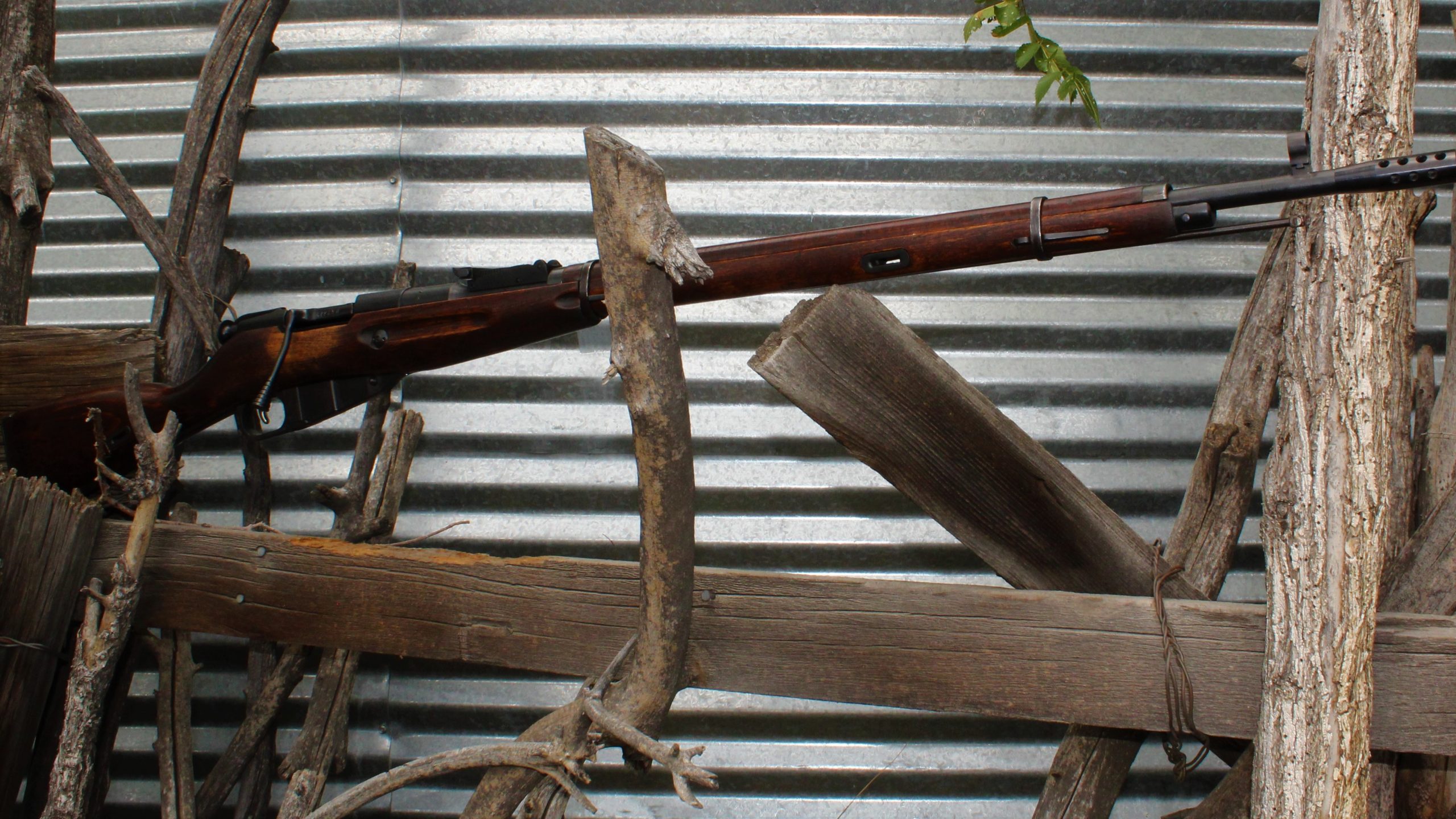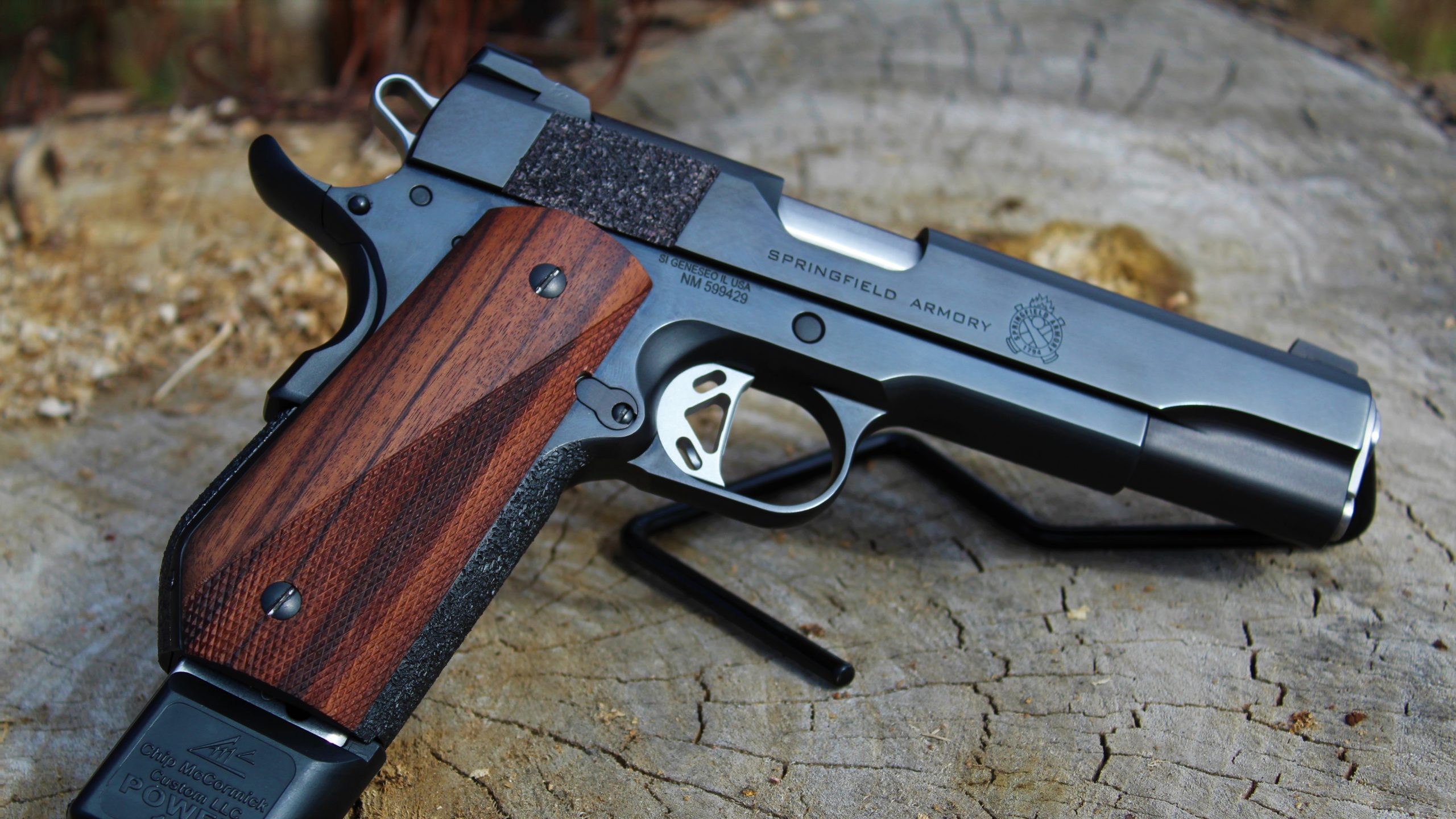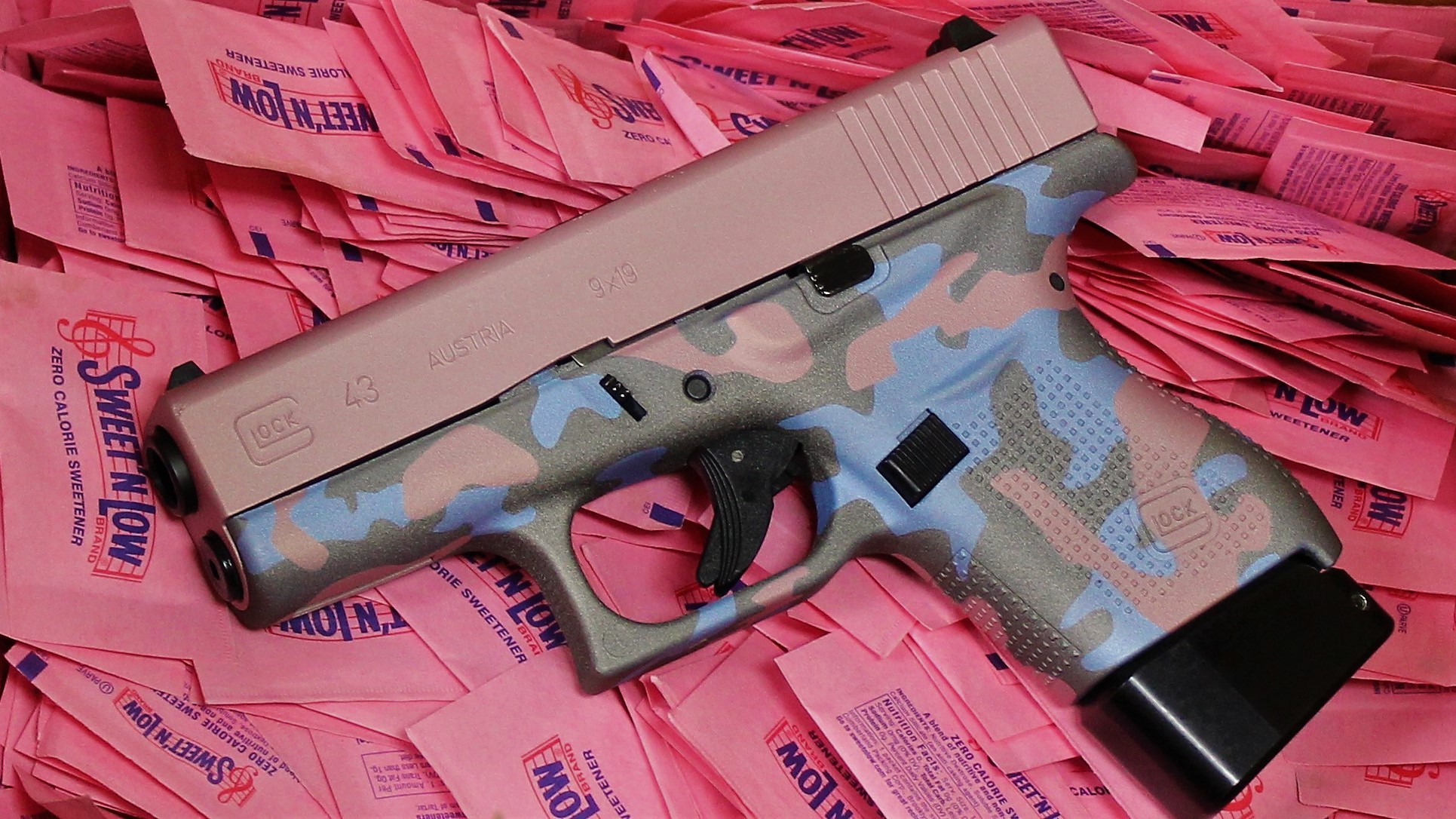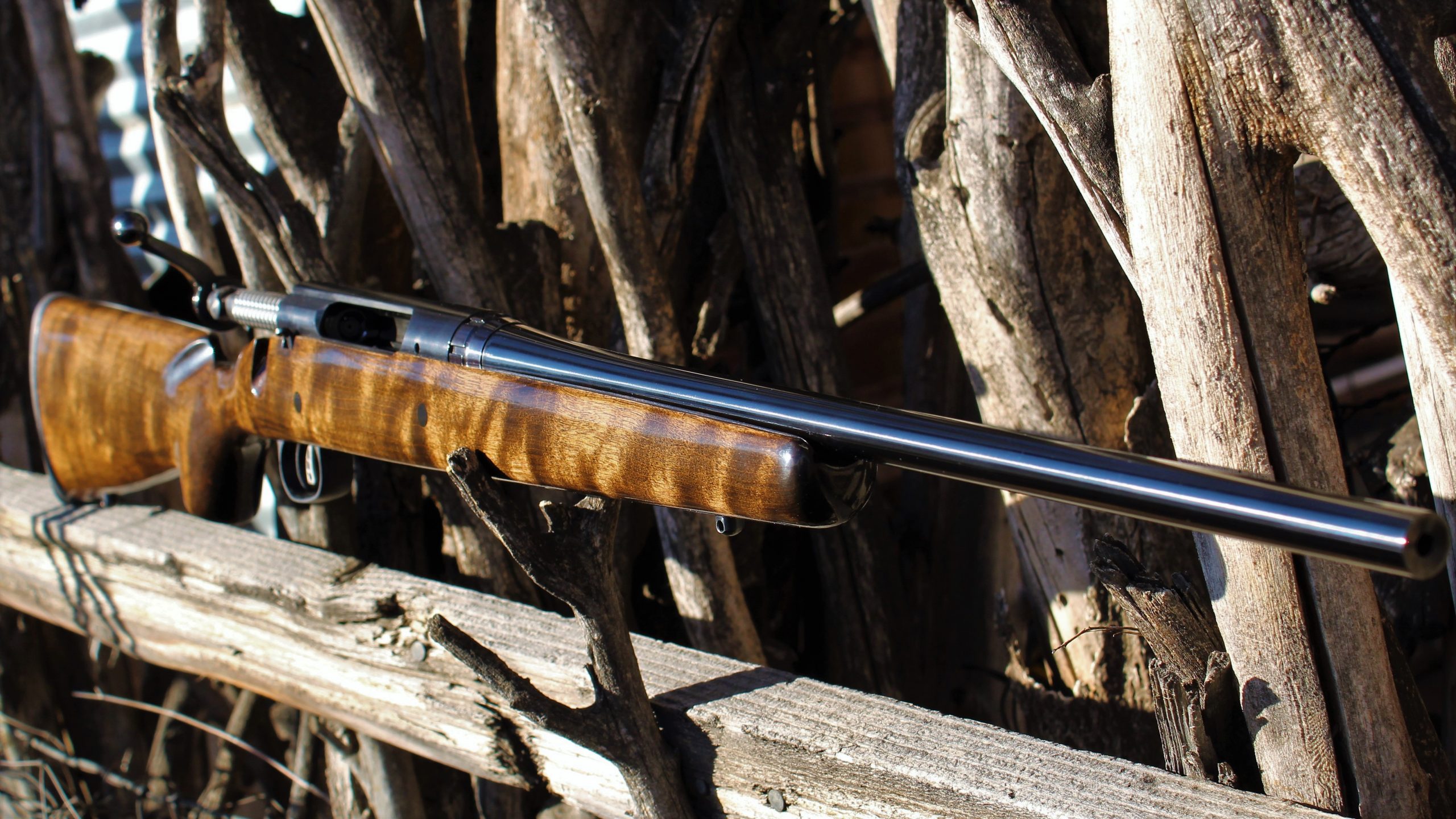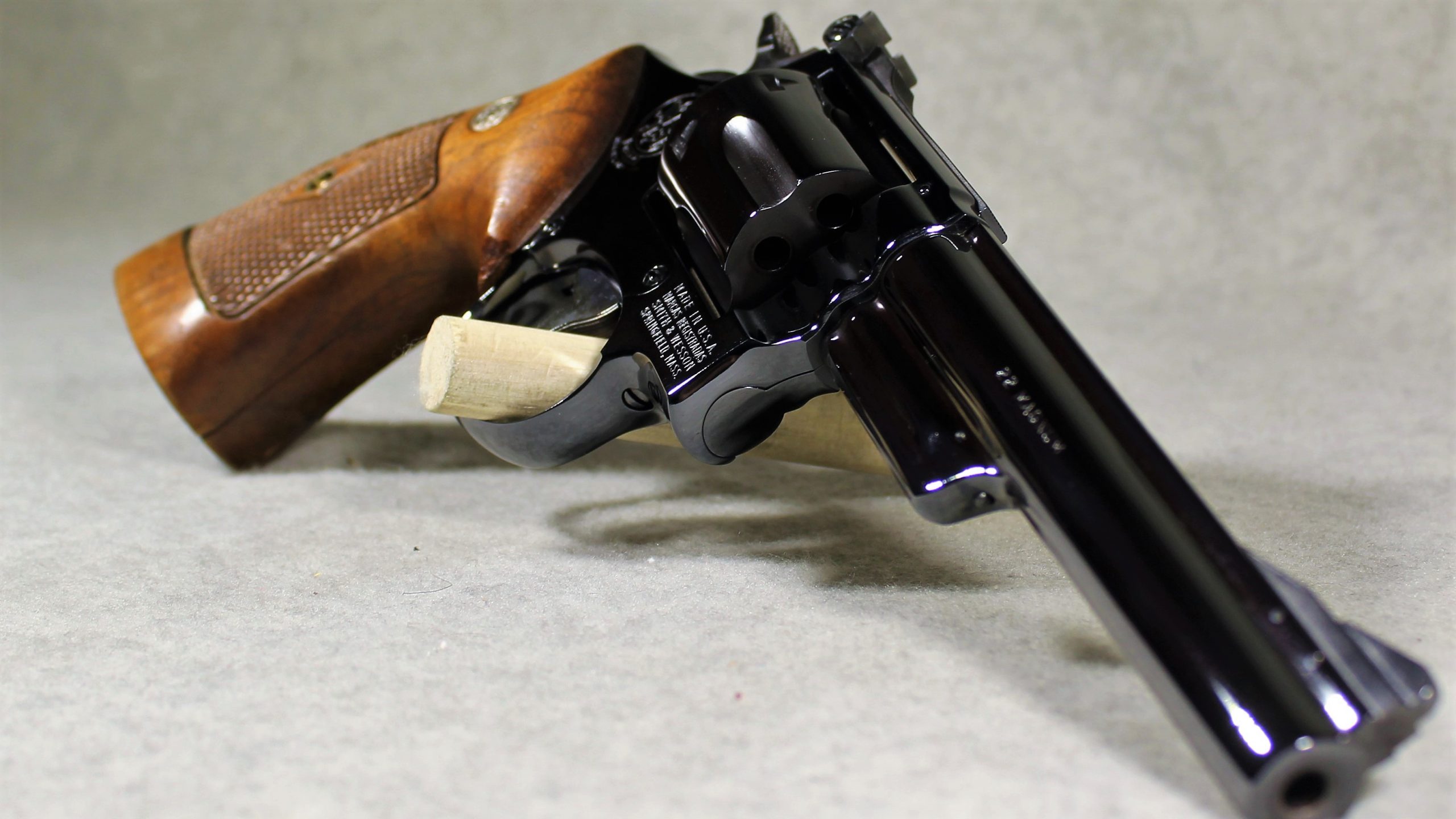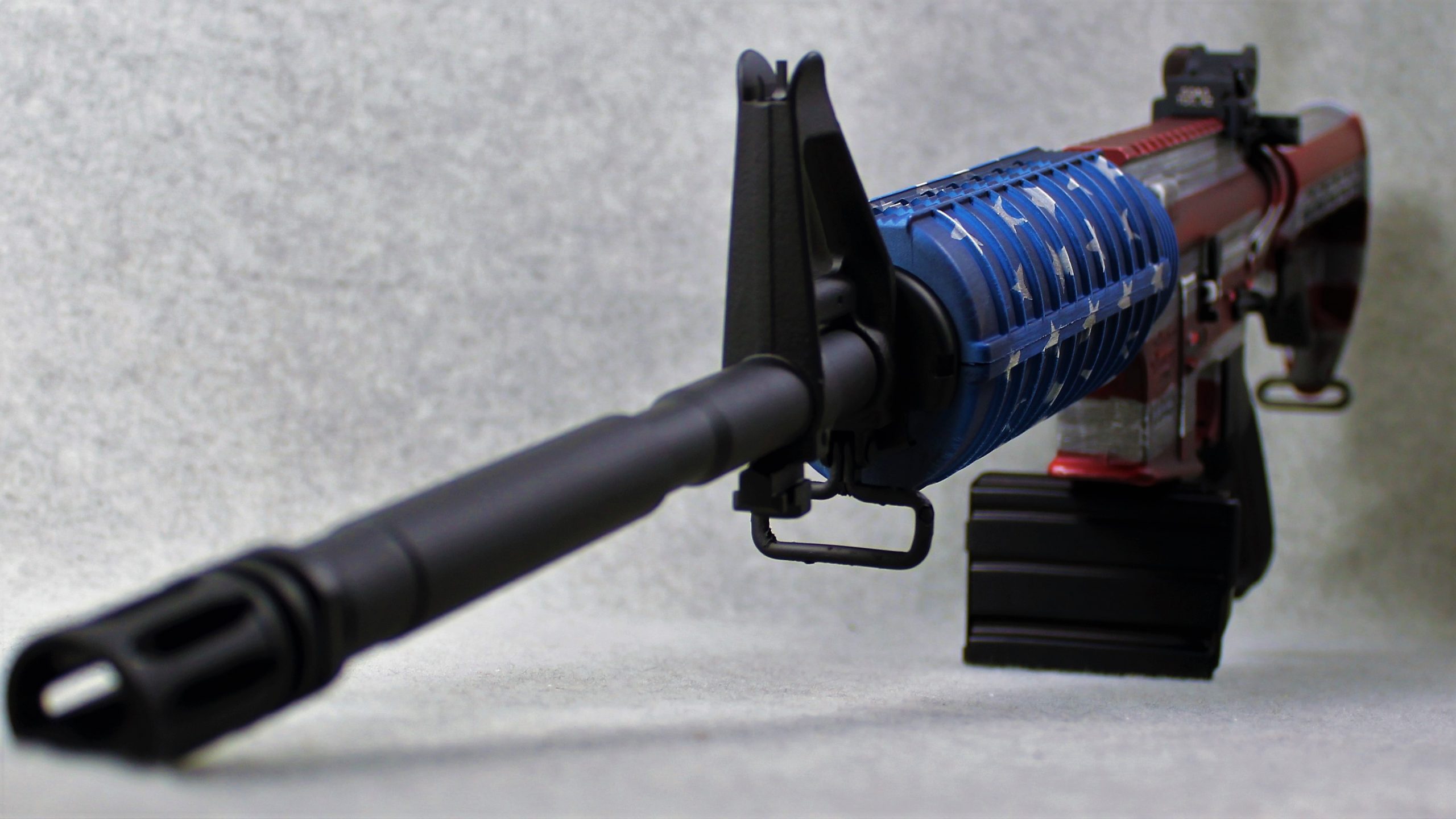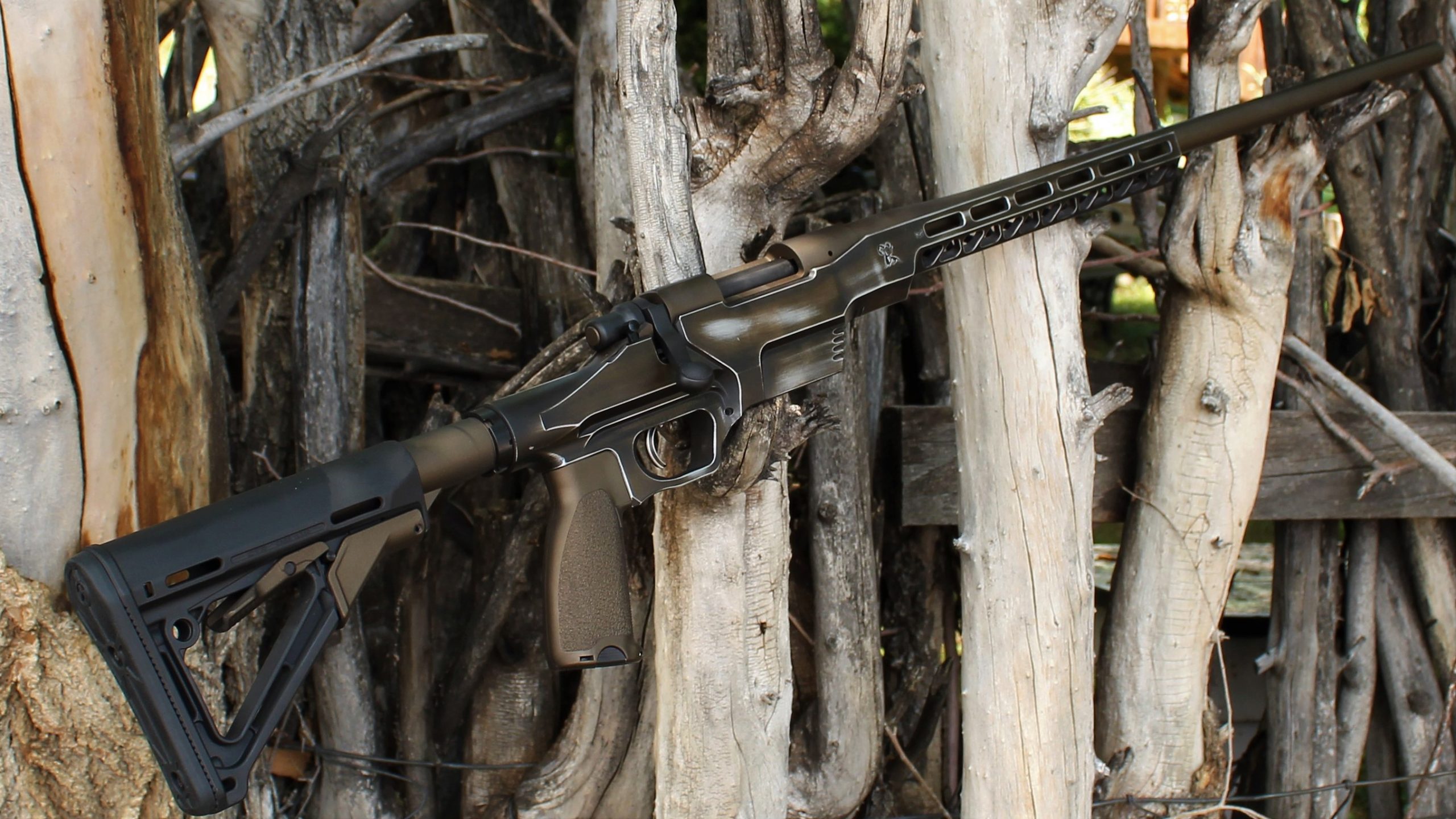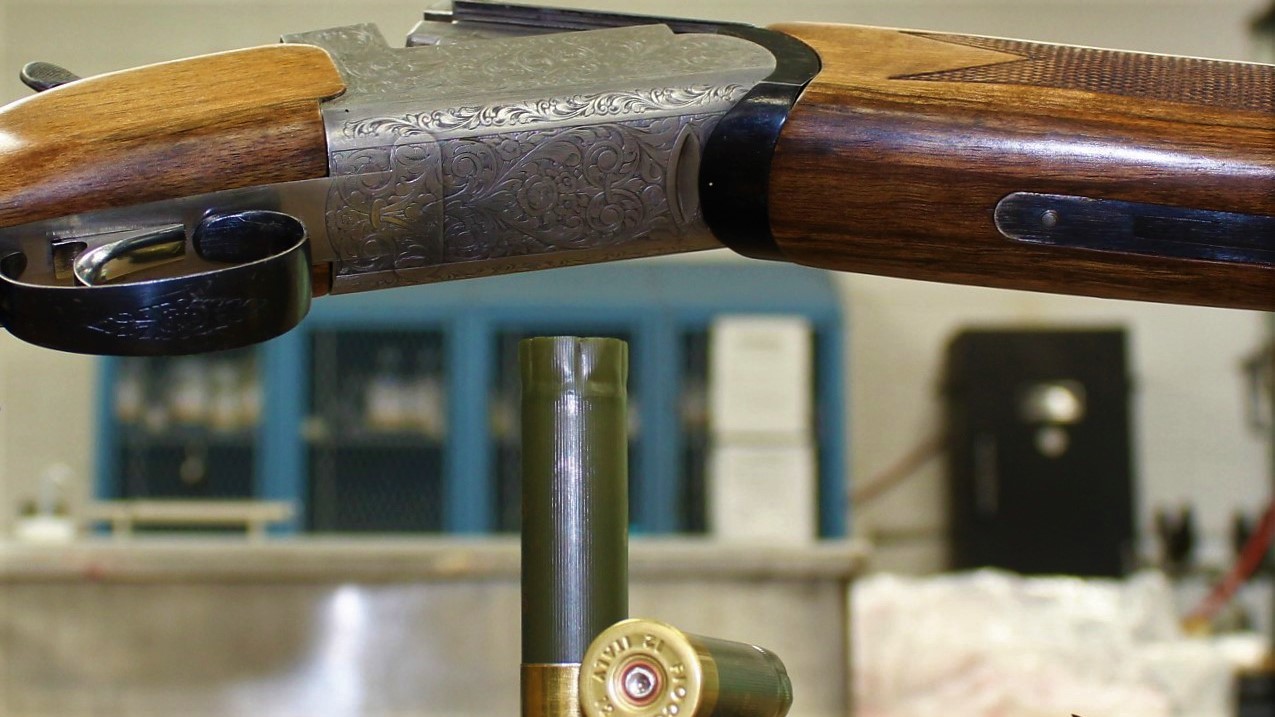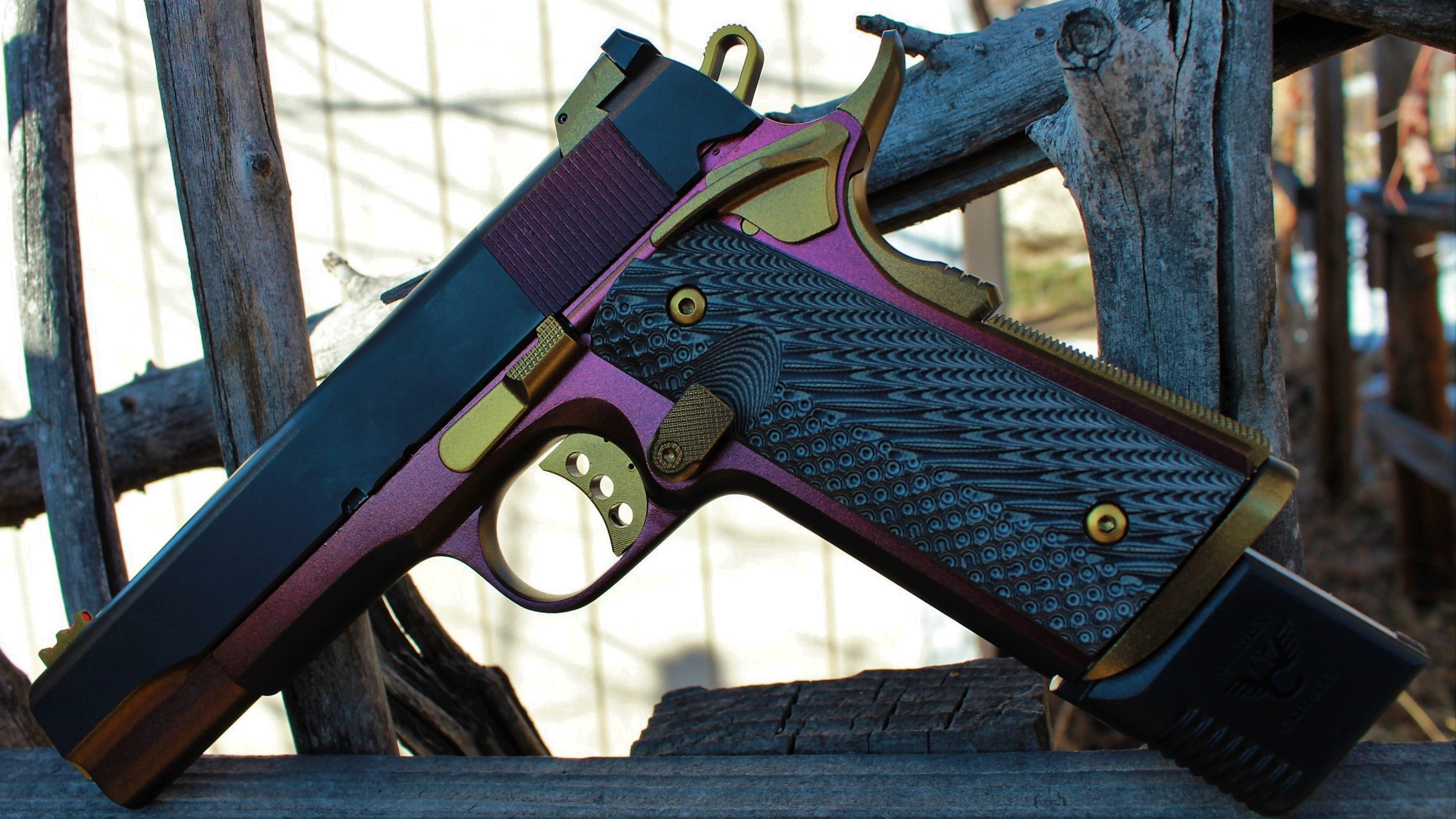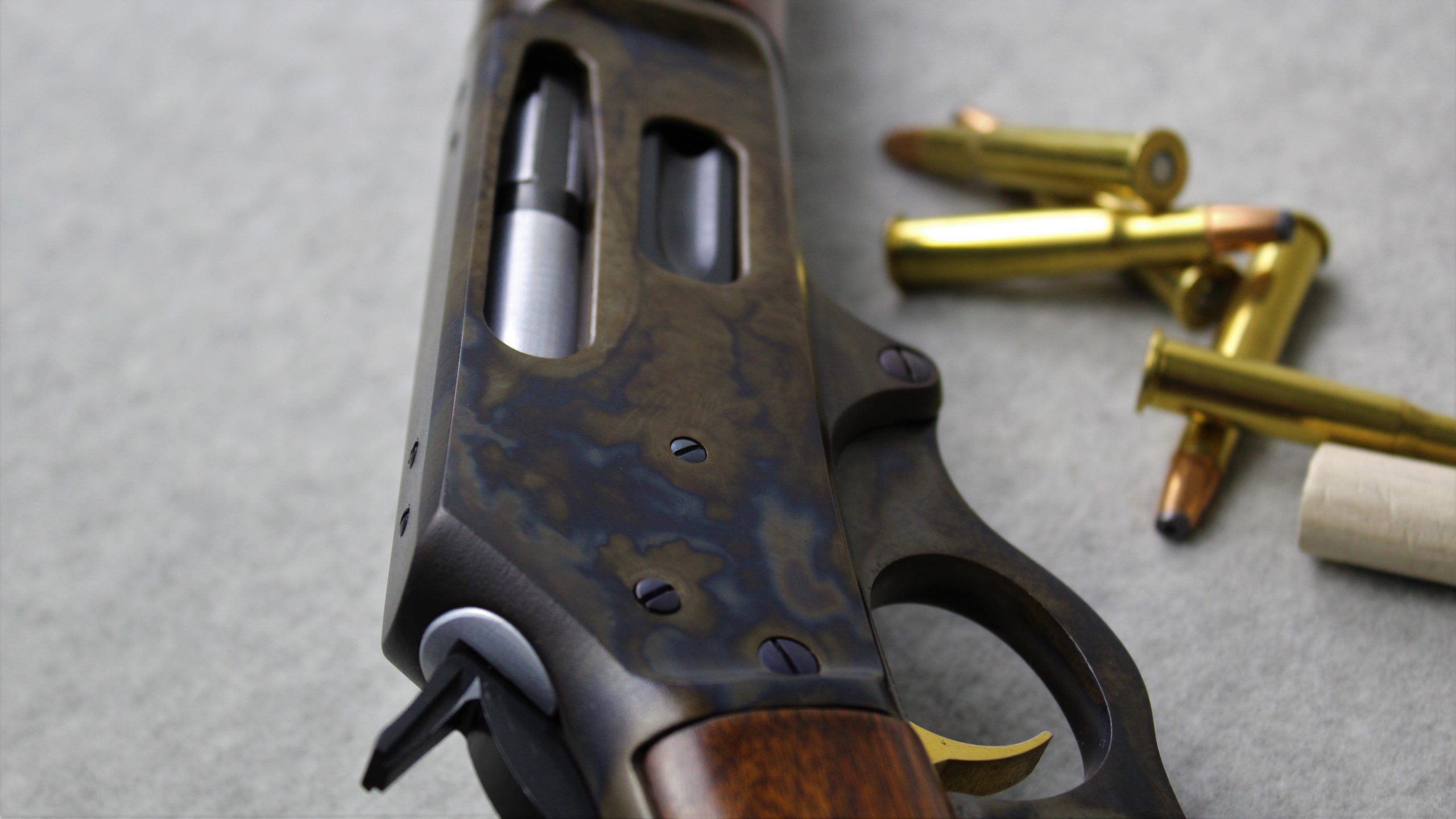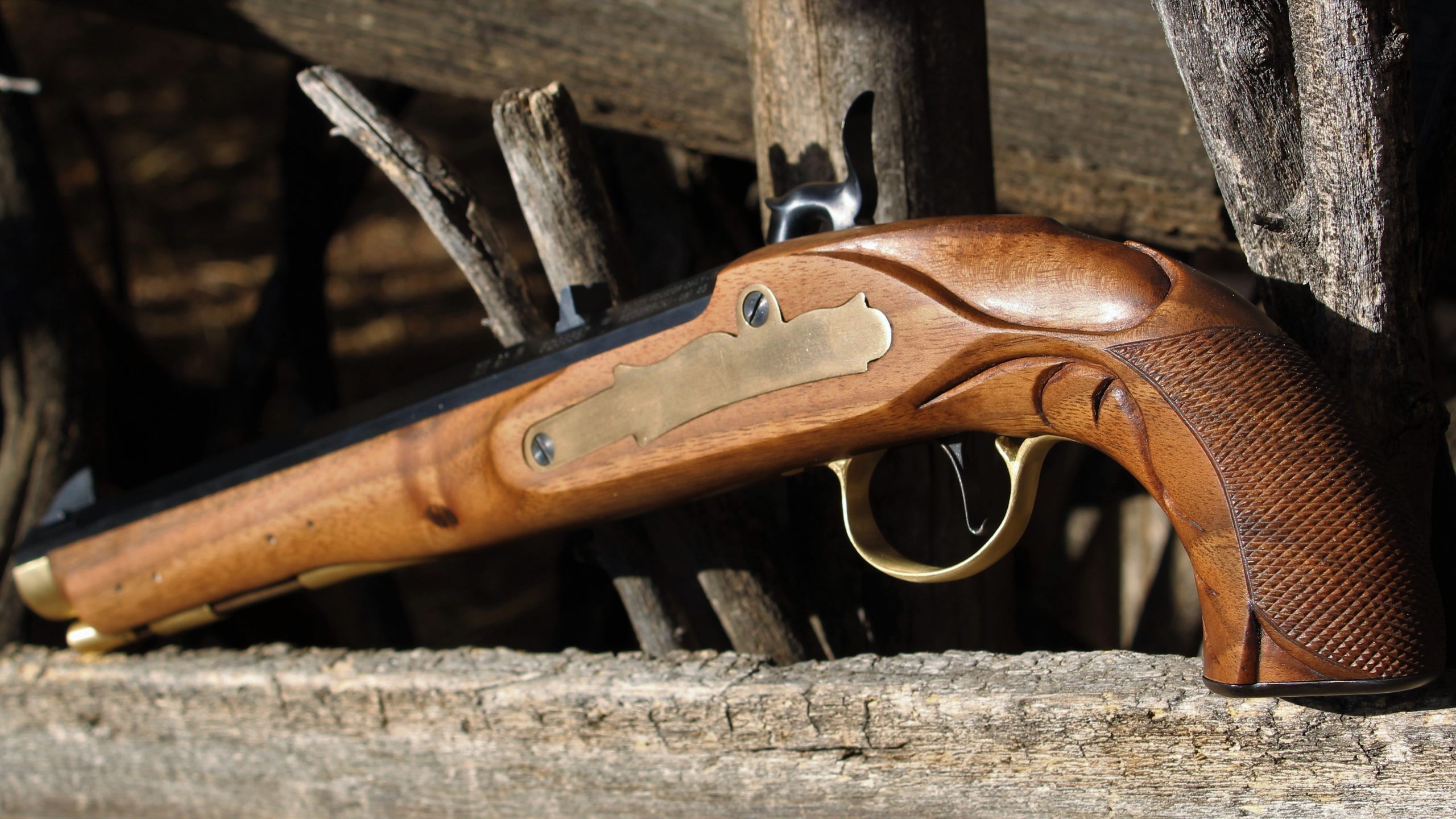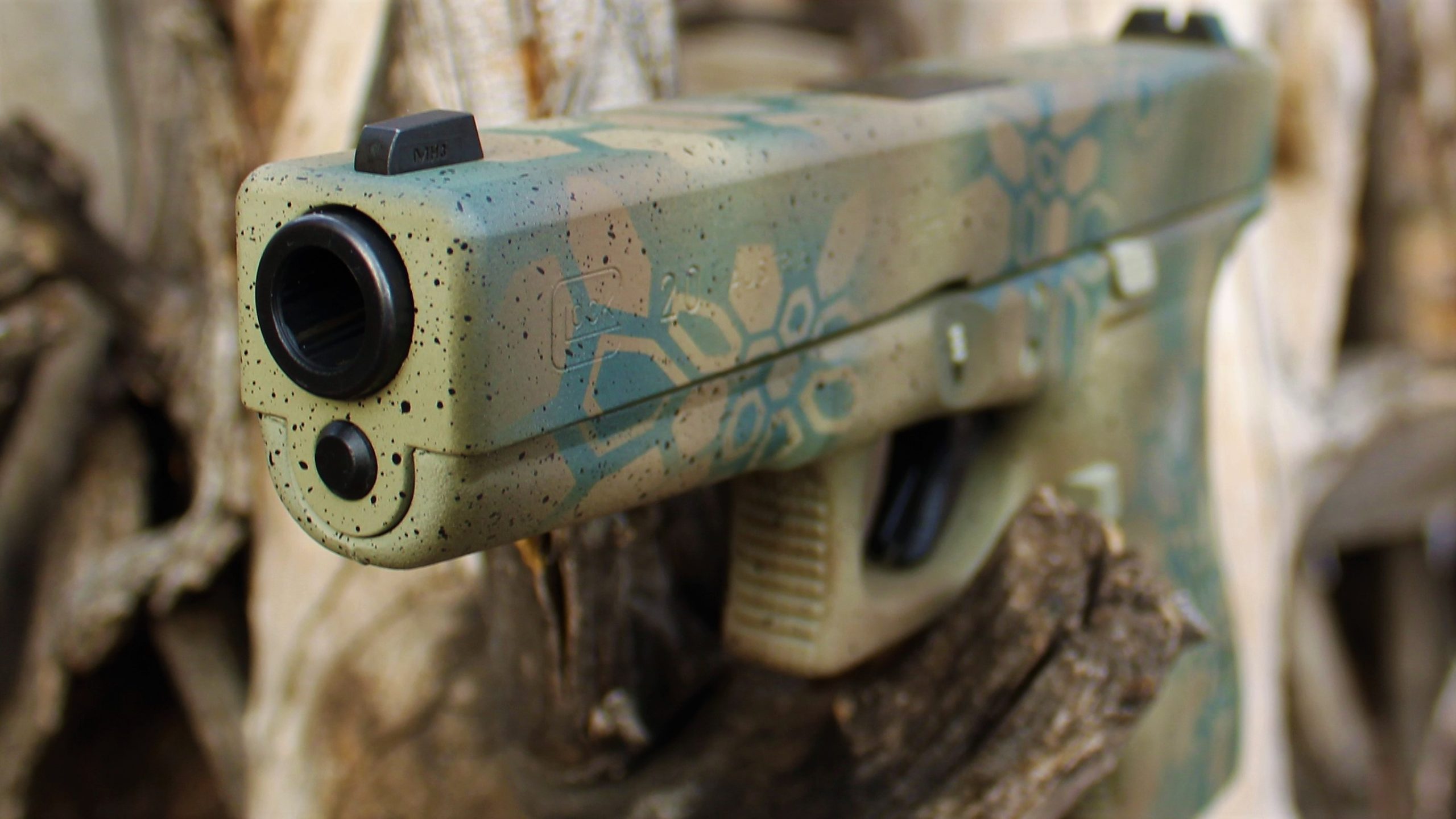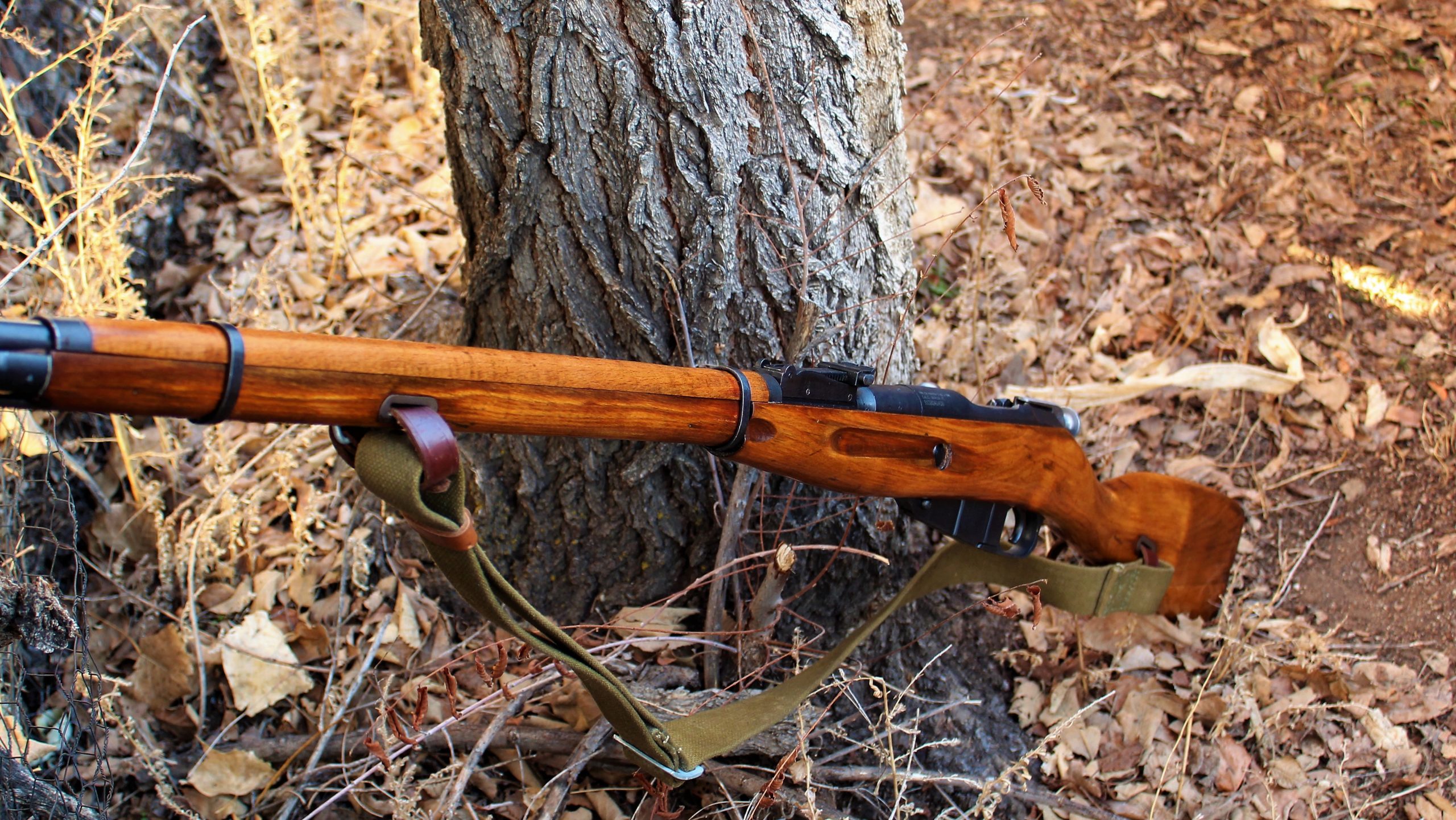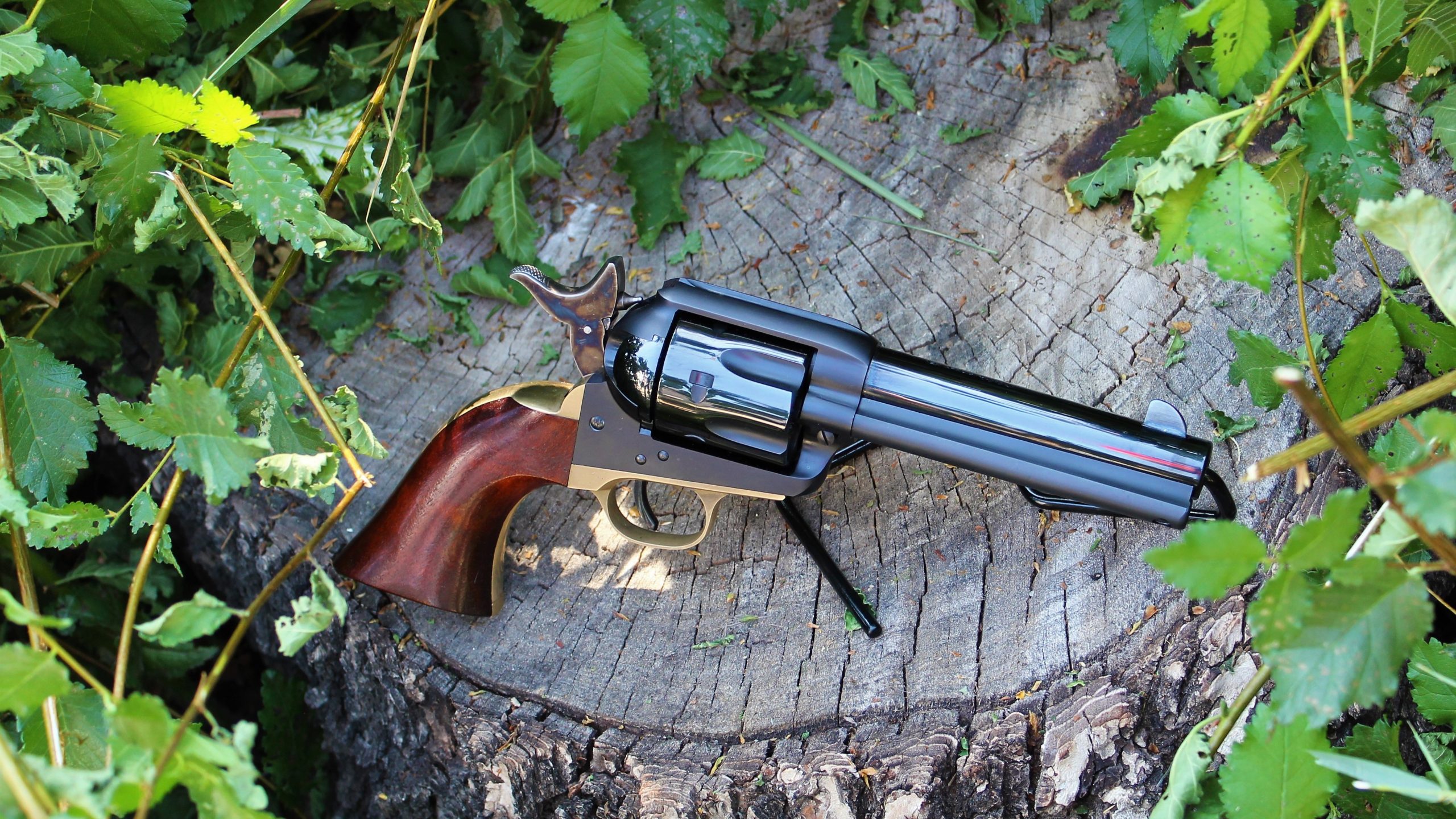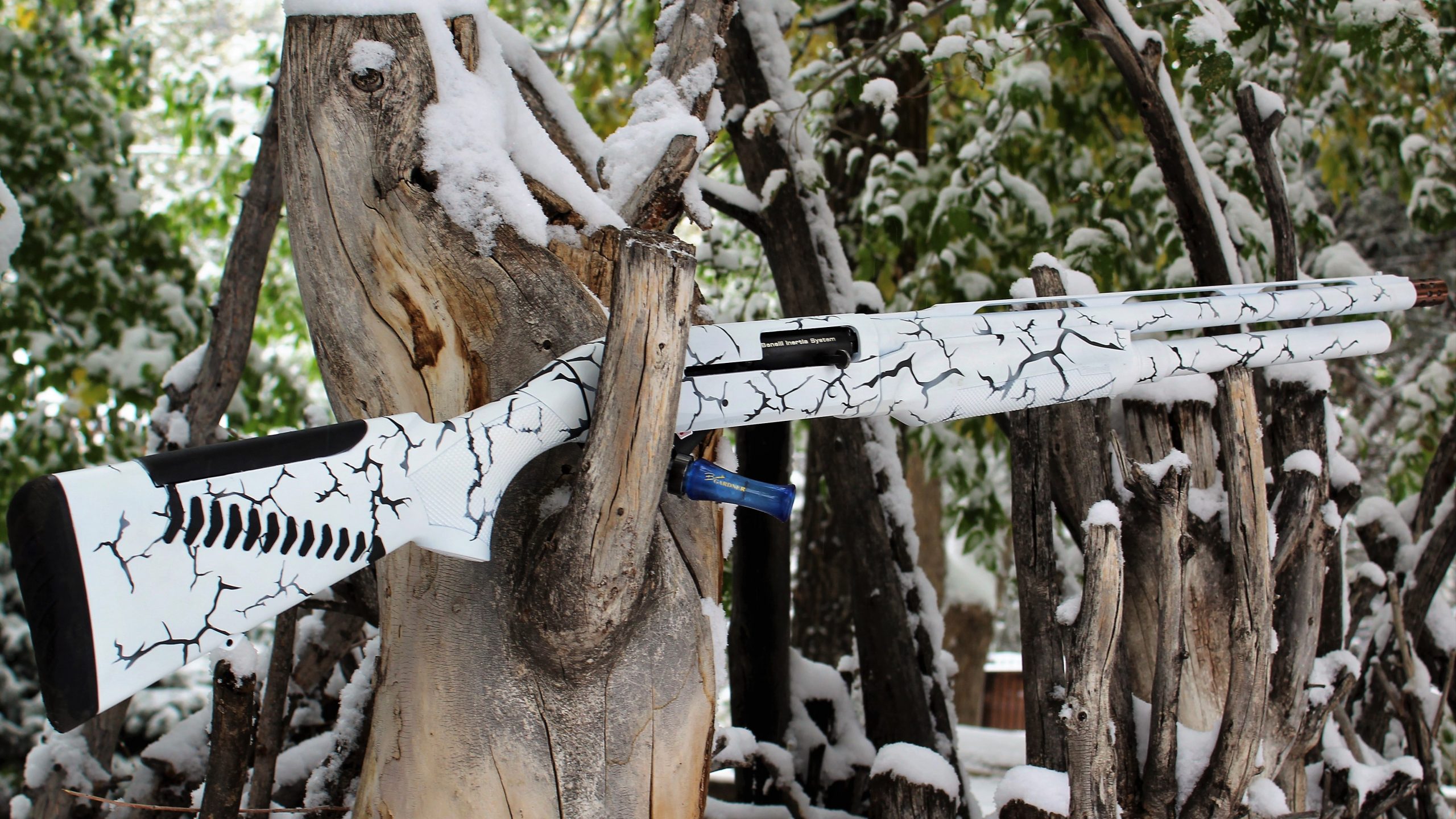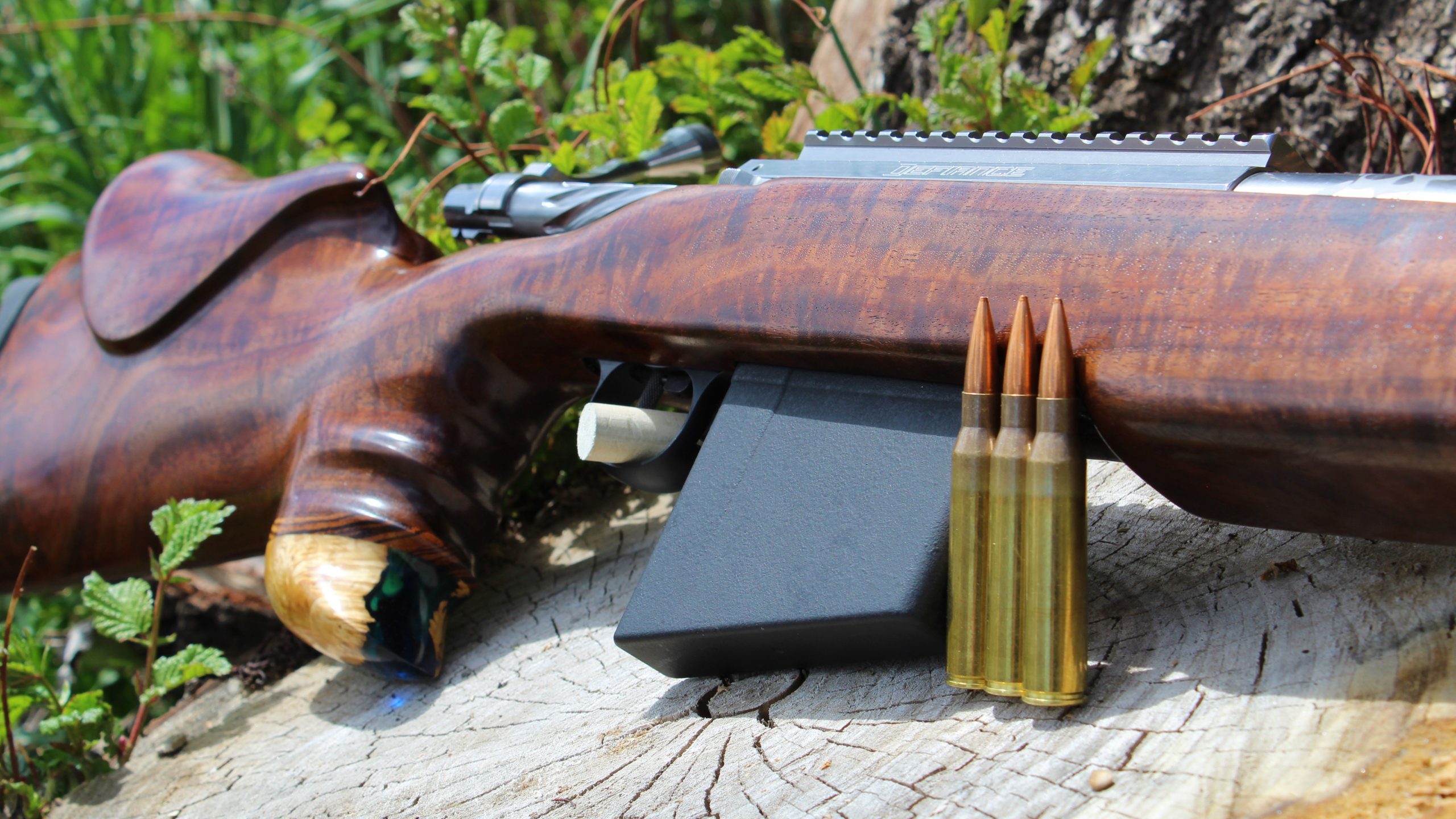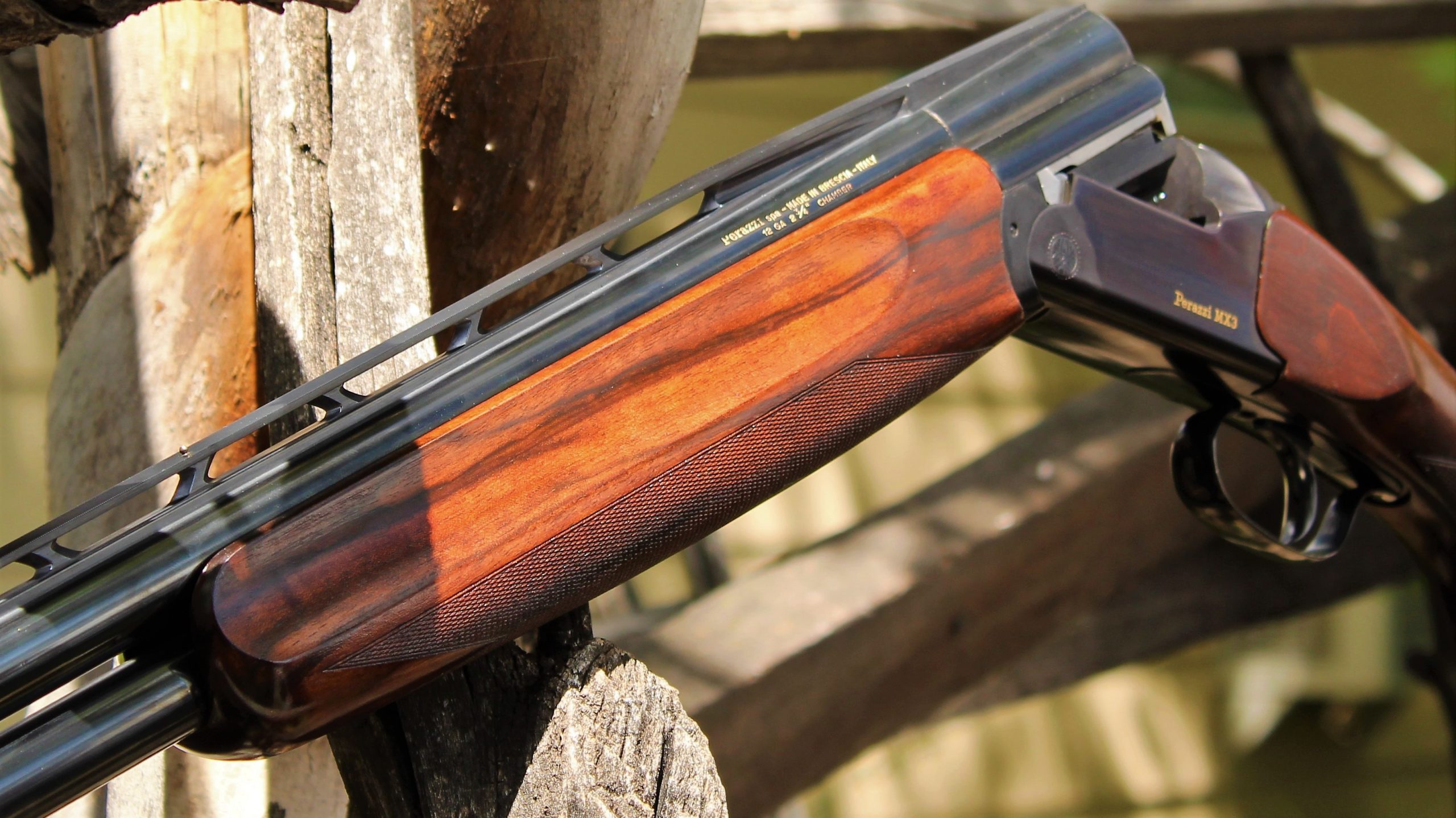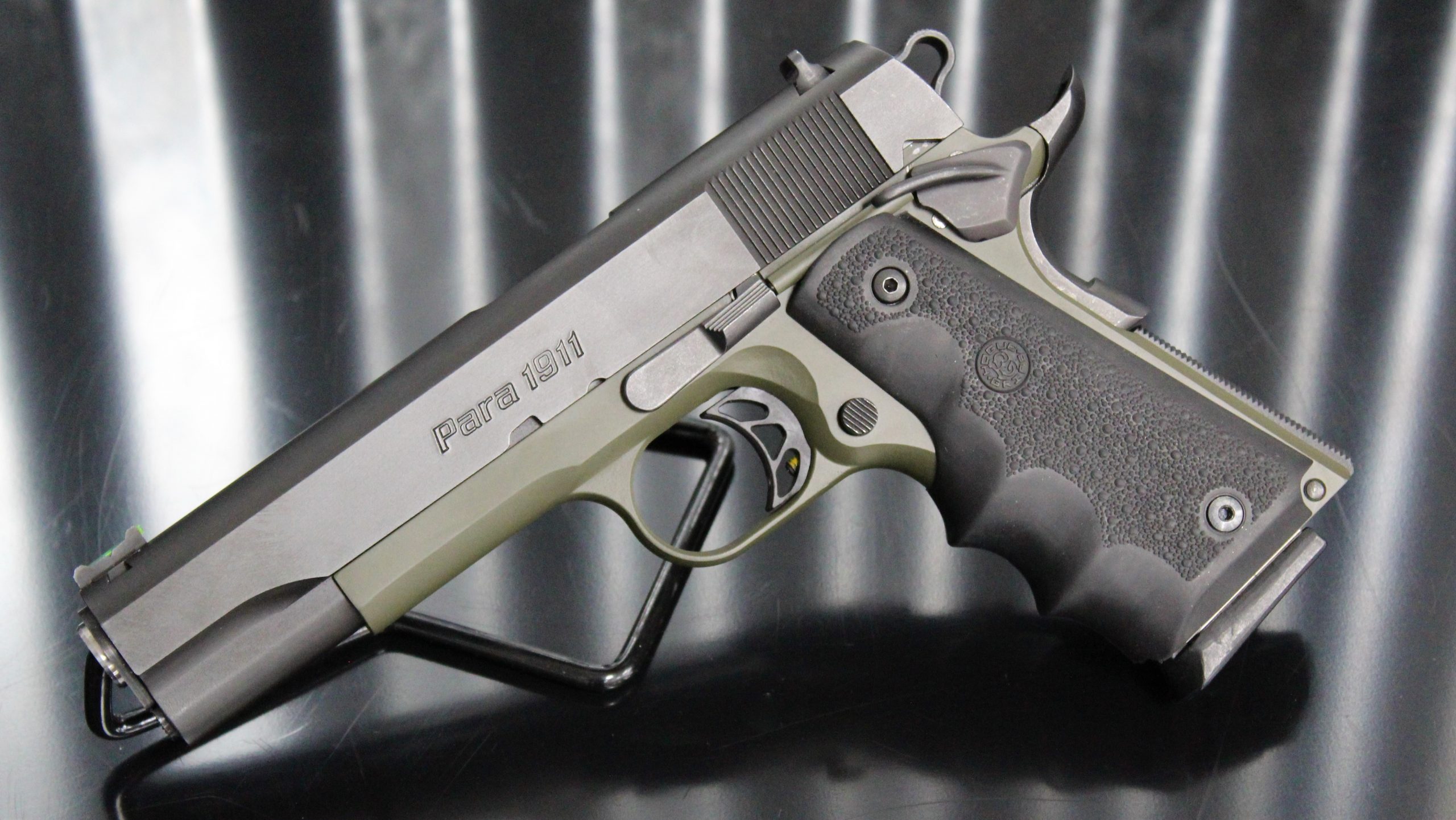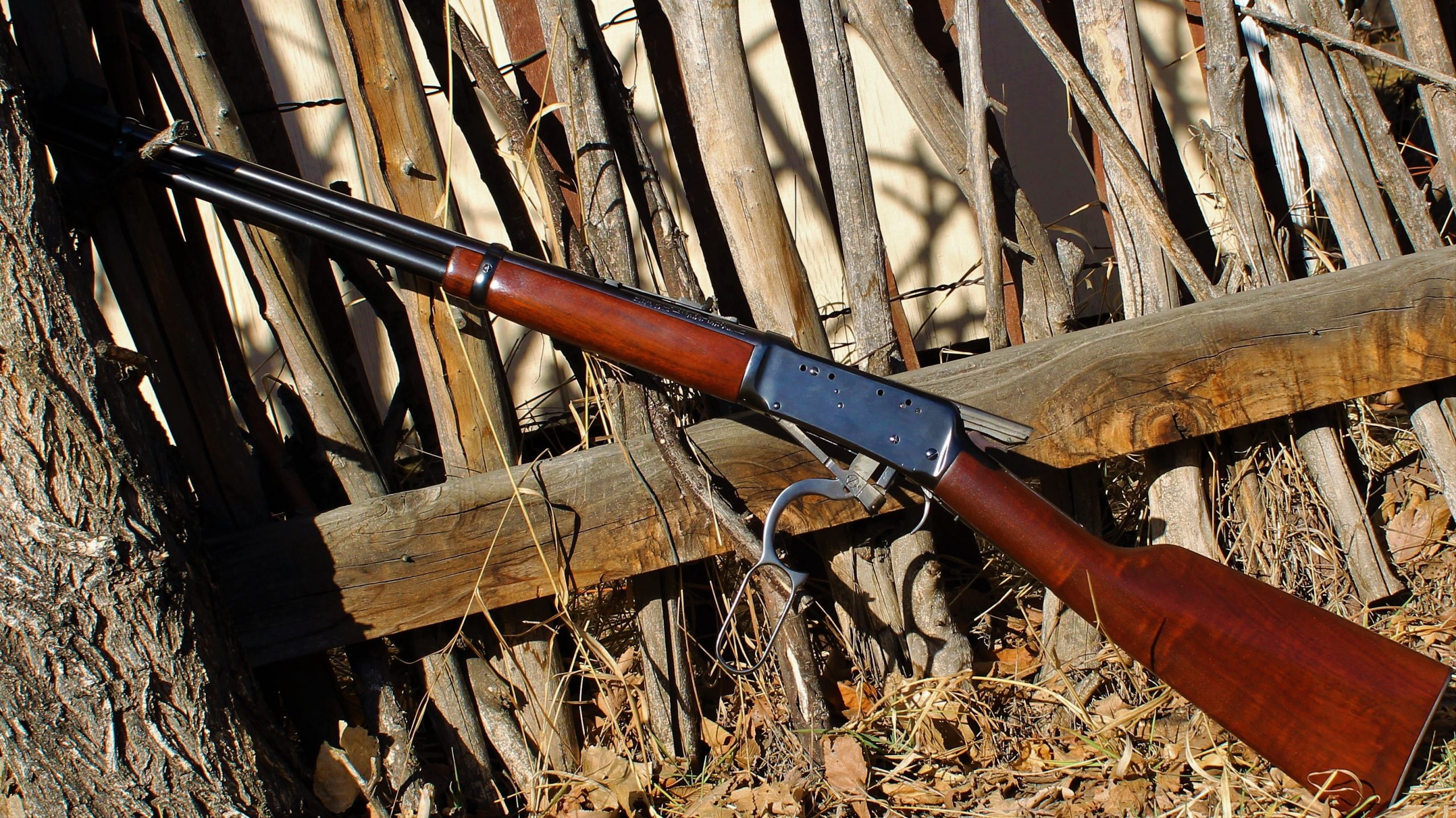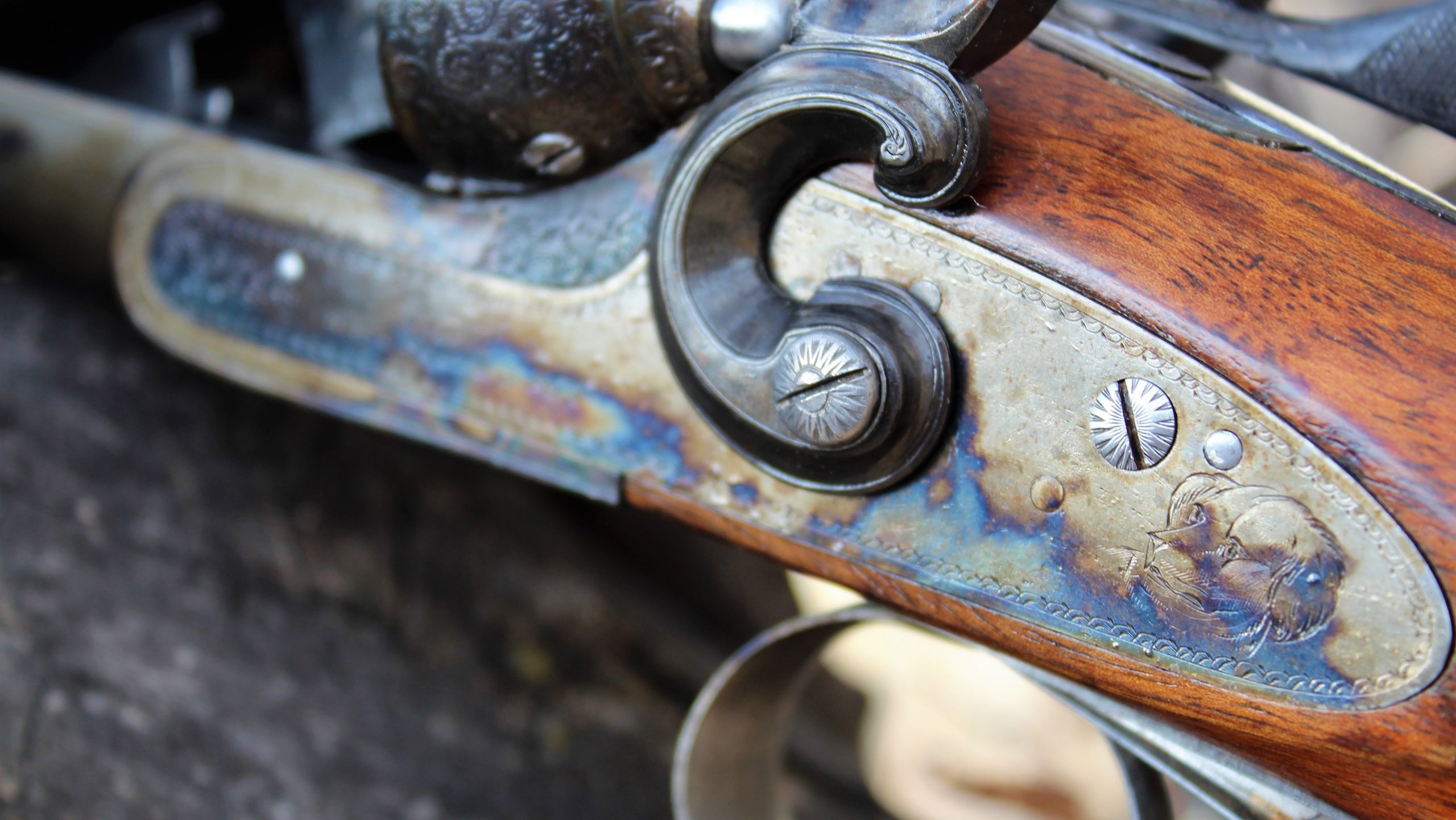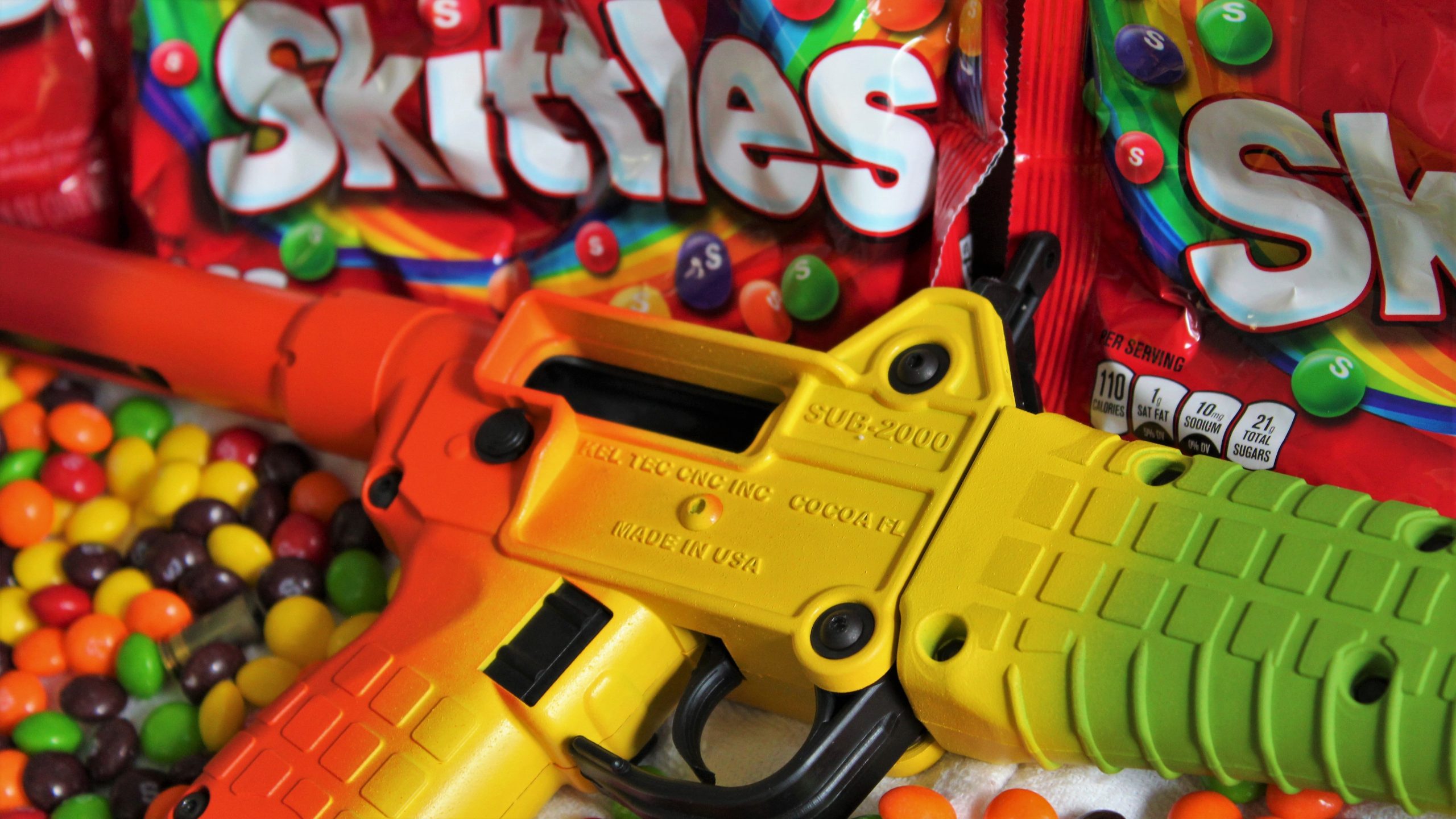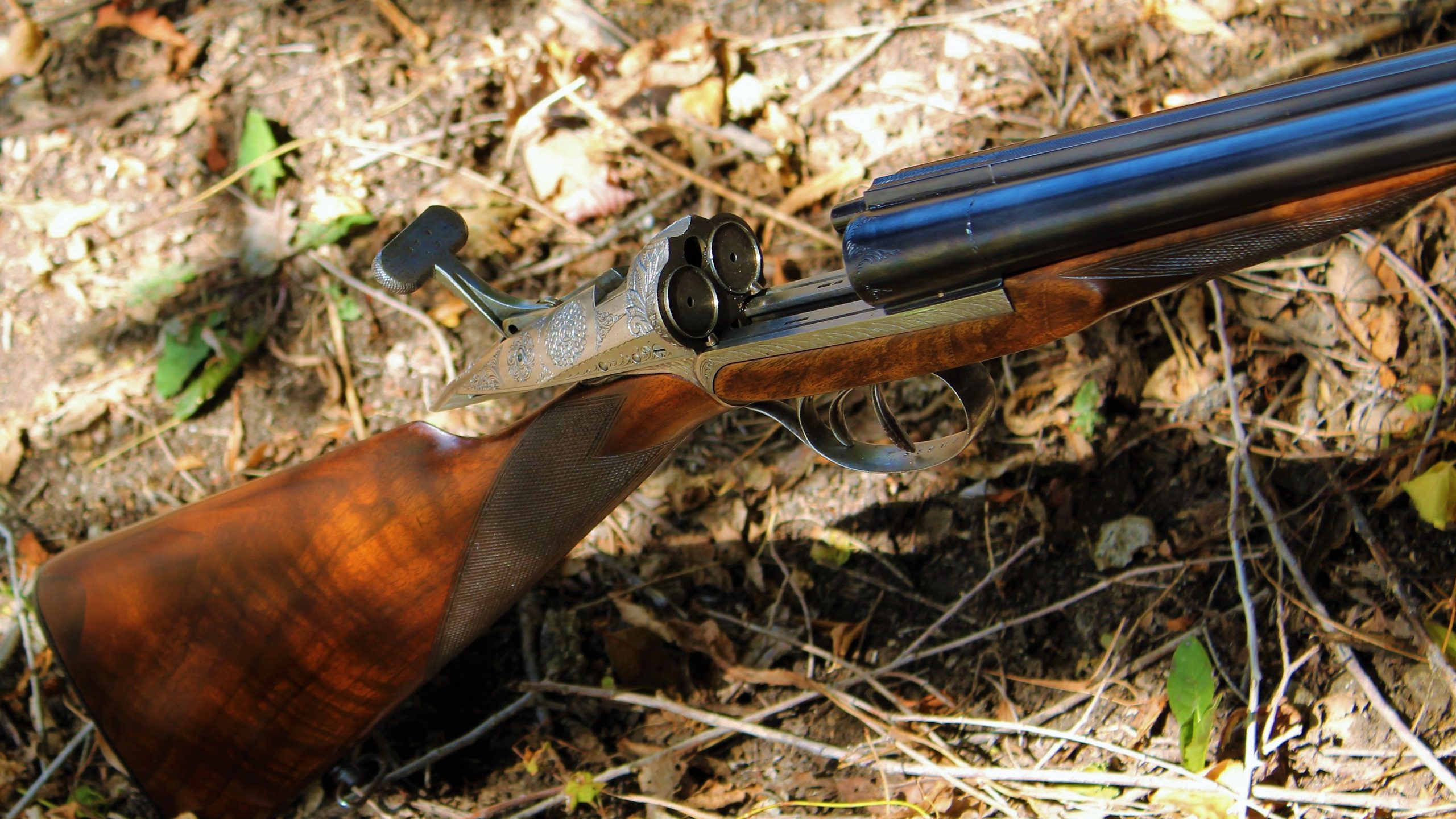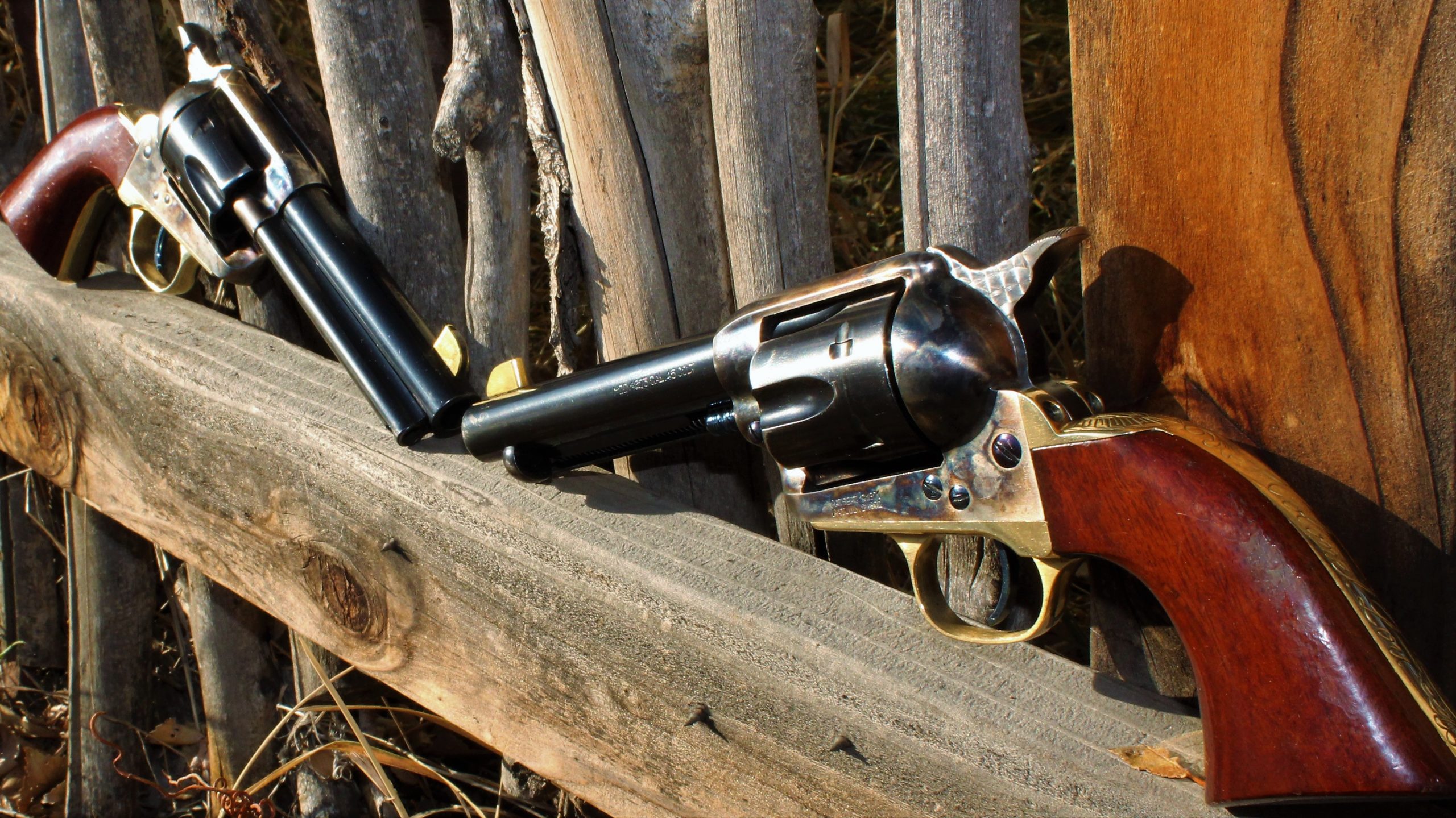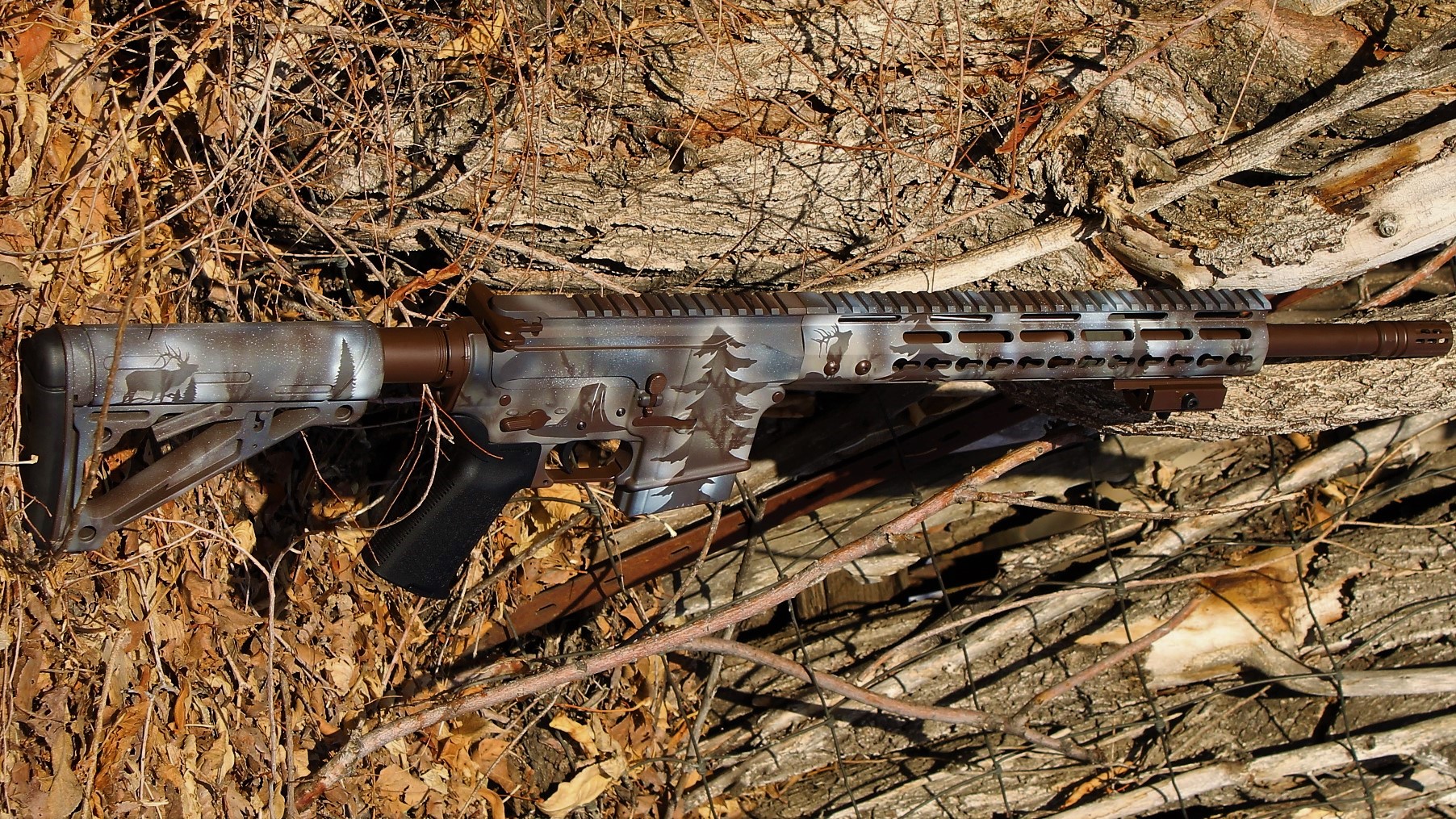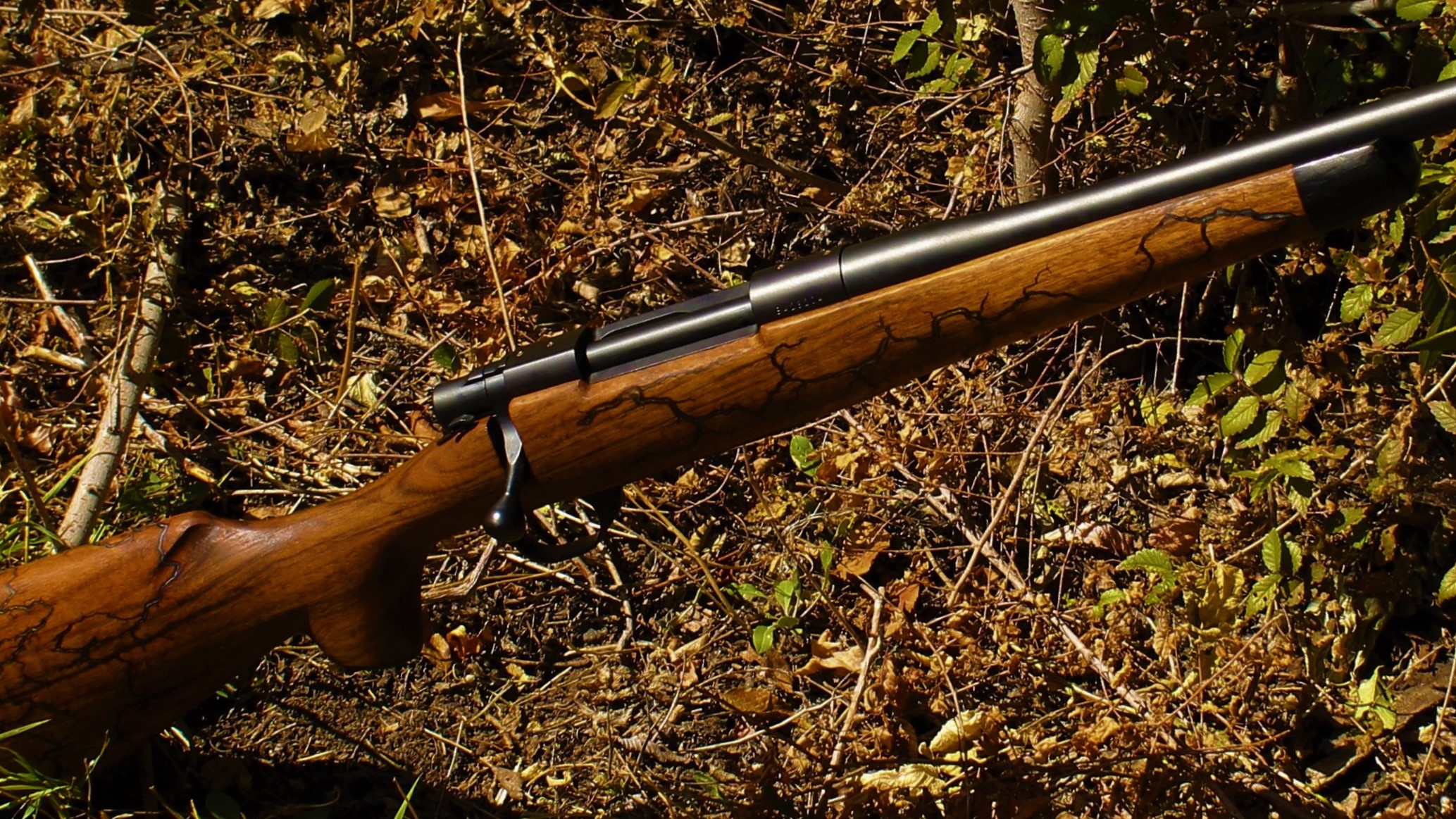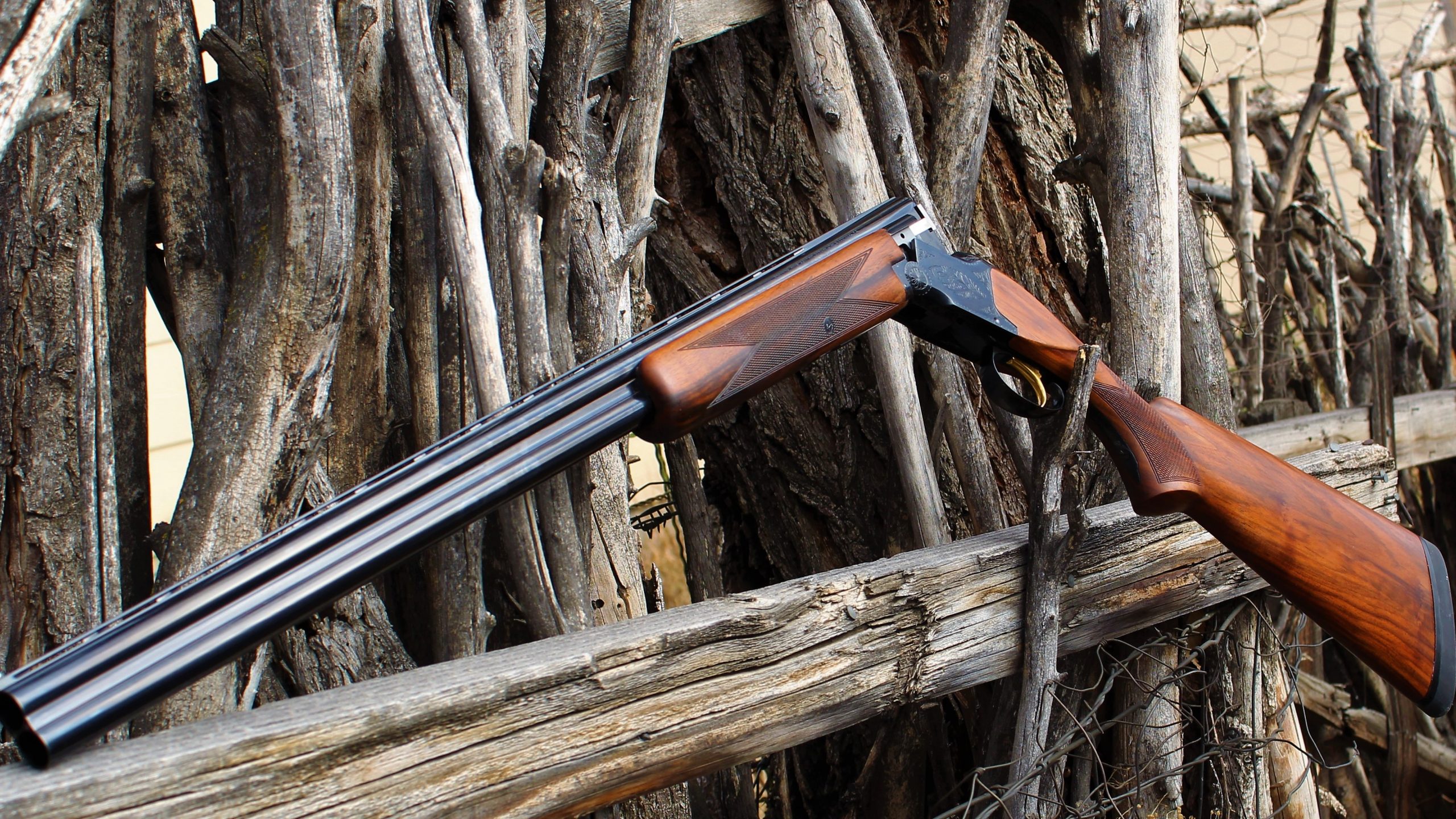Gunsmithing is an exciting trade that can easily turn into a lucrative career. Gunsmiths are highly sought by firearms manufacturers and collectors for their vast knowledge of gun design and mechanics. They also possess refined skills in the art of designing, building and repairing firearms of all types, including pistols, hunting rifles, military rifles, shotguns and others. Before applying to a college or trade school to learn gunsmithing, it is important to consider all of their duties and what is expected of them.
Gunsmithing Overview
Gunsmiths are skilled tradespeople who design, build, modify, renovate and repair firearms of all sorts. They may also engage in creative work, such as metal engraving and woodcarving. The duties of gunsmiths vary by specialization and employer. The primary employers are firearms manufacturers, military and law-enforcement agencies, gun shops and sporting goods stores.
Because the general duties of gunsmiths are so broad, they must possess or acquire a wide range of skills, including all of the following:
• Metalworking
• Woodworking
• Parts fabrication
• Mathematics
• Chemistry
Gunsmiths must be proficient in using several types of tools in order to perform their duties adequately. In addition to using hand tools, most gunsmiths must use power tools and machinist tools. Finally, gunsmiths have to stay abreast of all local and federal laws pertaining to firearms. These laws may change frequently, and they may be very complex or difficult to understand.
Duties and Responsibilities of a Gunsmith
The overriding responsibility of a gunsmith is to ensure that the firearms he or she is working on operate safely and according to specifications. No matter what specific process they are engaged in at the moment, gunsmiths must observe safe gun-handling procedures and ensure that customers, assistants and coworkers do the same. All of the mechanisms of the guns must be inspected for safety, and any deficiencies must be fixed before the job can commence or continue. Following are just a few of the reasons why guns may be unsafe even when handled properly:
• Assembled incorrectly
• Parts missing
• Cracks and other damage
• Obstructions
• Improperly aligned
• Timing problems
• Excessive wear and tear
• Firing pin deformities
Common Tasks Performed by Gunsmiths
Following are some of the most common tasks that gunsmiths may be called on to perform:
• Assemble and dissemble firearms
• Inspect, clean and lubricate firearms
• Remove corrosion from metal gun parts
• Repair damaged guns
• Add custom or aftermarket parts, such as swivels, recoil pads, sights, scopes, grips and stocks.
• Repair or refinish wooden handles, grips and stocks
• Touch up engravings and other markings
• Fit barrels
• Remove dents
• Correct headspace of guns and cartridges
• Replace barrels and firing mechanisms
• Modify pull weight and other trigger mechanisms
Gunsmith Specializations
Many gunsmiths are generalists and deal with duties as they are presented, but others focus on one of several specializations, which may call for specific tasks to be completed. A few of the most common specializations are as follows:
• Custom manufacturer – A custom manufacturer designs and builds unique firearms according to a customer’s specifications or desires. In order to complete jobs, custom gunsmiths may use stock parts or raw materials, which requires advanced machining skills.
• Finisher – Once a firearm has been manufactured and assembled, it requires some degree of finishing. Finishing jobs may including Parkerizing, bluing, browning and case hardening.
• Stockmaker – Stockmakers specialize in carving rifle stocks, shotgun stocks and pistol grips from one of several species of wood, including walnut, maple and birch. In order to be successful in this specialization, stockmakers must be proficient in using saws, files, chisels and other woodworking tools.
• Engraver – Many pistols and rifles are exquisitely engraved with patterns or pictures. This work requires a steady hand and the ability to use pneumatic engraving systems or hand engravers.

